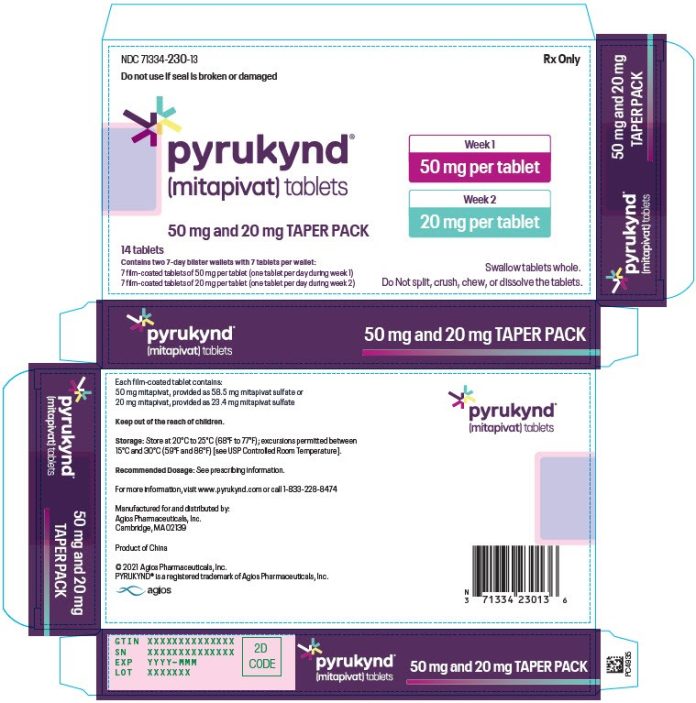The One Thing Midlife Women Can Do Tonight to Protect Their Hearts
Millions of women go through menopause unaware that their heart health may be quietly declining, and poor sleep could be a major reason.
A new study tracking over 3,000 women found that only 1 in 5 had optimal cardiovascular health during this stage of life. Among eight lifestyle factors, sleep stood out as a surprisingly powerful predictor of future heart attacks, strokes, and even early death. Researchers now believe that quality sleep might be one of the most important, and overlooked, ways midlife women can protect their hearts.
New research reveals that during menopause, only 1 in 5 women reach optimal heart health, according to the American Heart Association’s Life’s Essential 8 (LE8) assessment. This tool evaluates eight key health behaviors and measures. Among them, four stood out as the most powerful predictors of future heart problems: blood sugar, blood pressure, sleep quality, and nicotine use.
Heart Health Declines During Menopause
New research reveals that during menopause, only 1 in 5 women reach optimal heart health, according to the American Heart Association’s Life’s Essential 8 (LE8) assessment. This tool evaluates eight key health behaviors and measures. Among them, four stood out as the most powerful predictors of future heart problems: blood sugar, blood pressure, sleep quality, and nicotine use.
Study Identifies Four Key Risk Factors
The findings, published July 8 in the journal Menopause, come from a team of scientists at the University of Pittsburgh, Albert Einstein College of Medicine, and Baylor University.
“Previously w,e’ve shown that the menopause transition is a time of accelerating cardiovascular risk,” said senior author Samar R. El Khoudary, Ph.D., M.P.H., professor of epidemiology at Pitt’s School of Public Health. “This study underscores that it’s also an opportunity for women to take the reins on their heart health.”
Large-Scale Data Reveals Health Trajectories
The team analyzed health data collected from about 3,000 women who participated in the Study of Women’s Health Across the Nation (SWAN), an ongoing, longitudinal, multi-site, multi-ethnic study of midlife women that began in 1996. The researchers compared the women’s LE8 scores at baseline, around age 46, to their evolving health trajectories over time, from subclinical cardiovascular disease measures, such as increased carotid-artery thickness, to cardiovascular events, including heart attacks and strokes, to mortality of all causes. The team also examined the impacts of each of the individual LE8 components: nutrition, physical activity, smoking abstinence, sleep, body mass index, blood lipids, blood sugar, and blood pressure.
The analysis showed that four LE8 components — blood glucose, blood pressure, sleep quality, and nicotine use — were the most important factors driving the study participants’ future cardiovascular risks.
Sleep Quality Emerges as a Critical Predictor
Above all, sleep emerged as a potential predictor for long-term effects of cardiovascular disease events and all-cause mortality, though it was not linked to the shorter-term effects of carotid-artery thickening. The team found that at midlife, meeting the bar for healthy sleep, defined in Life’s Essential 8 as seven to nine hours on average for most adults, may contribute to women’s heart health and longevity, a hypothesis that should be tested in a future clinical trial, said Ziyuan Wang, Ph.D. candidate at Pitt Public Health and first author.
Low total LE8 scores correlated with increased cardiovascular risk, as expected; however, only 21% of the midlife women studied had an ideal LE8 score.
“With heart disease being the leading cause of death in women, these findings point to the need for lifestyle and medical interventions to improve heart health during and after menopause among midlife women,” said El Khoudary.











